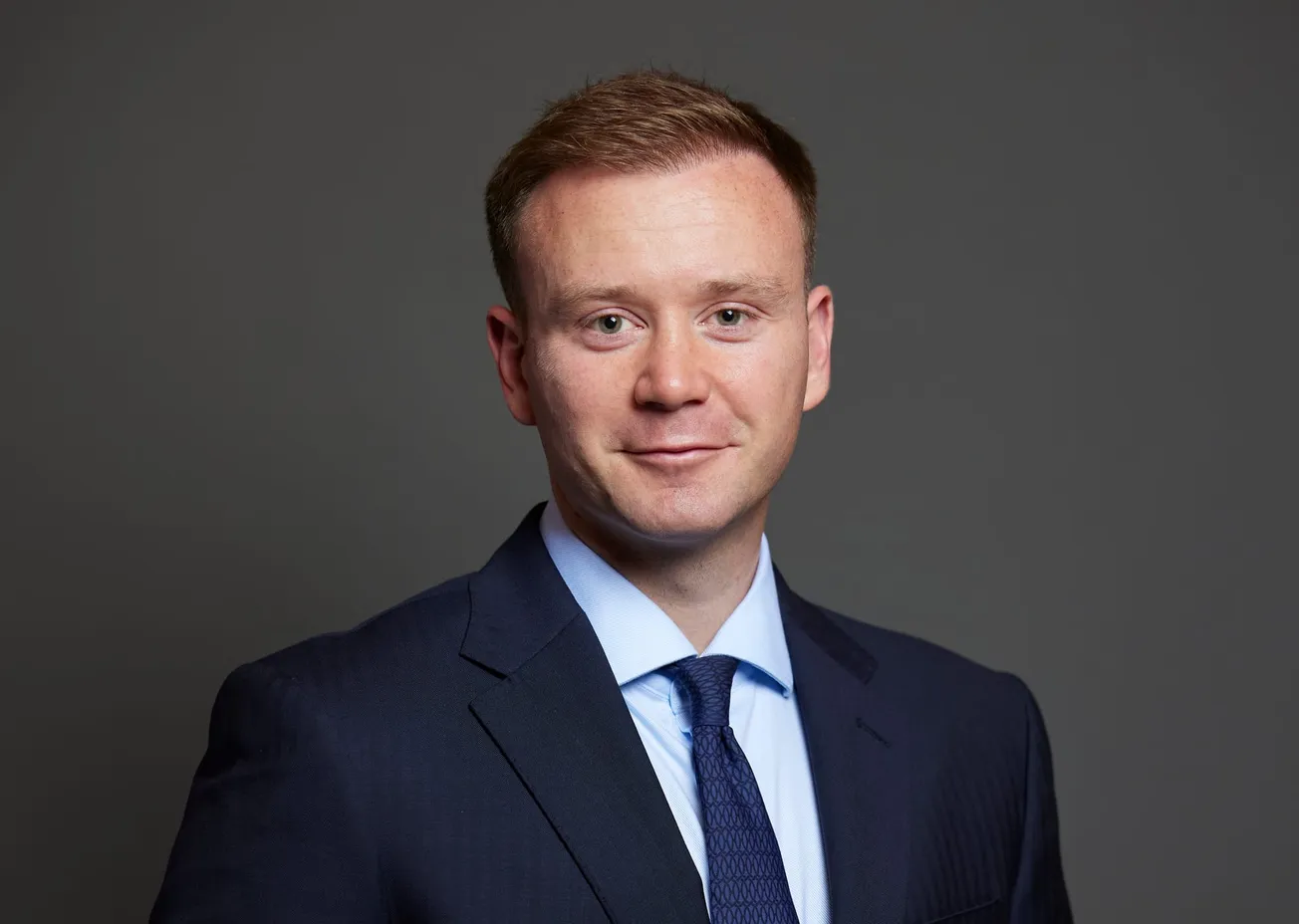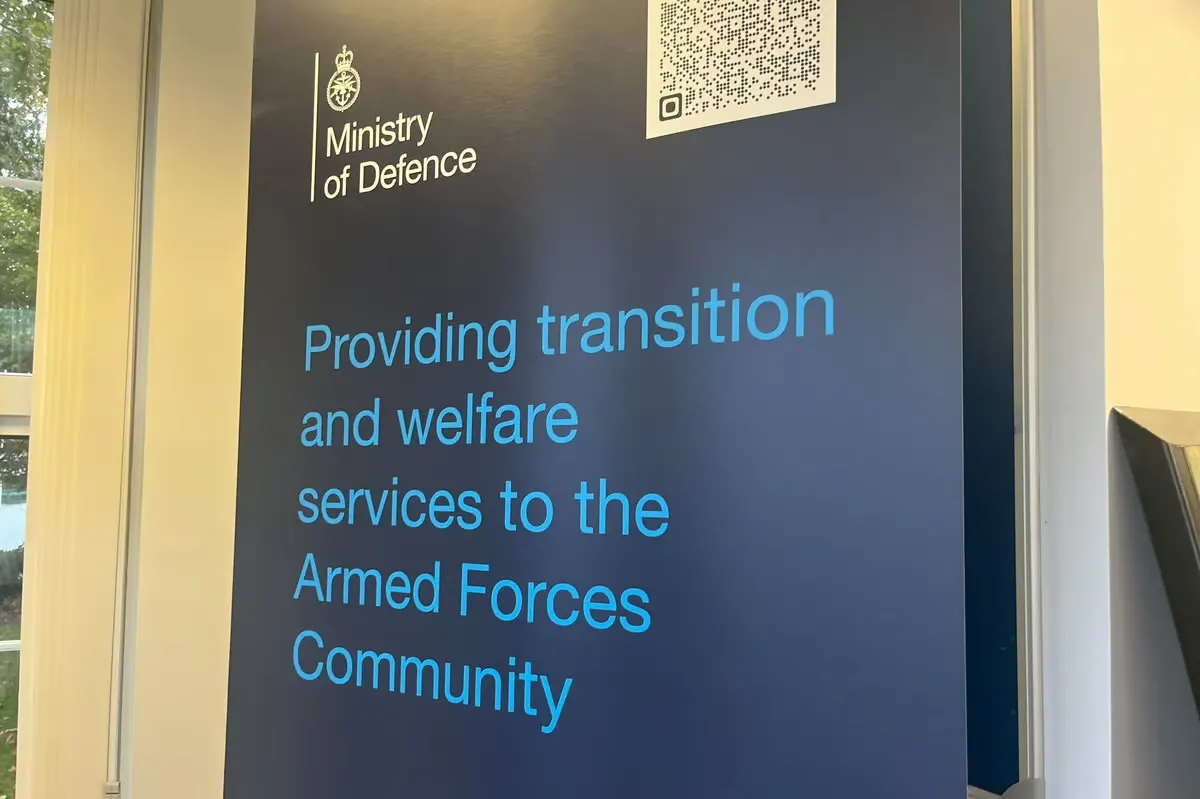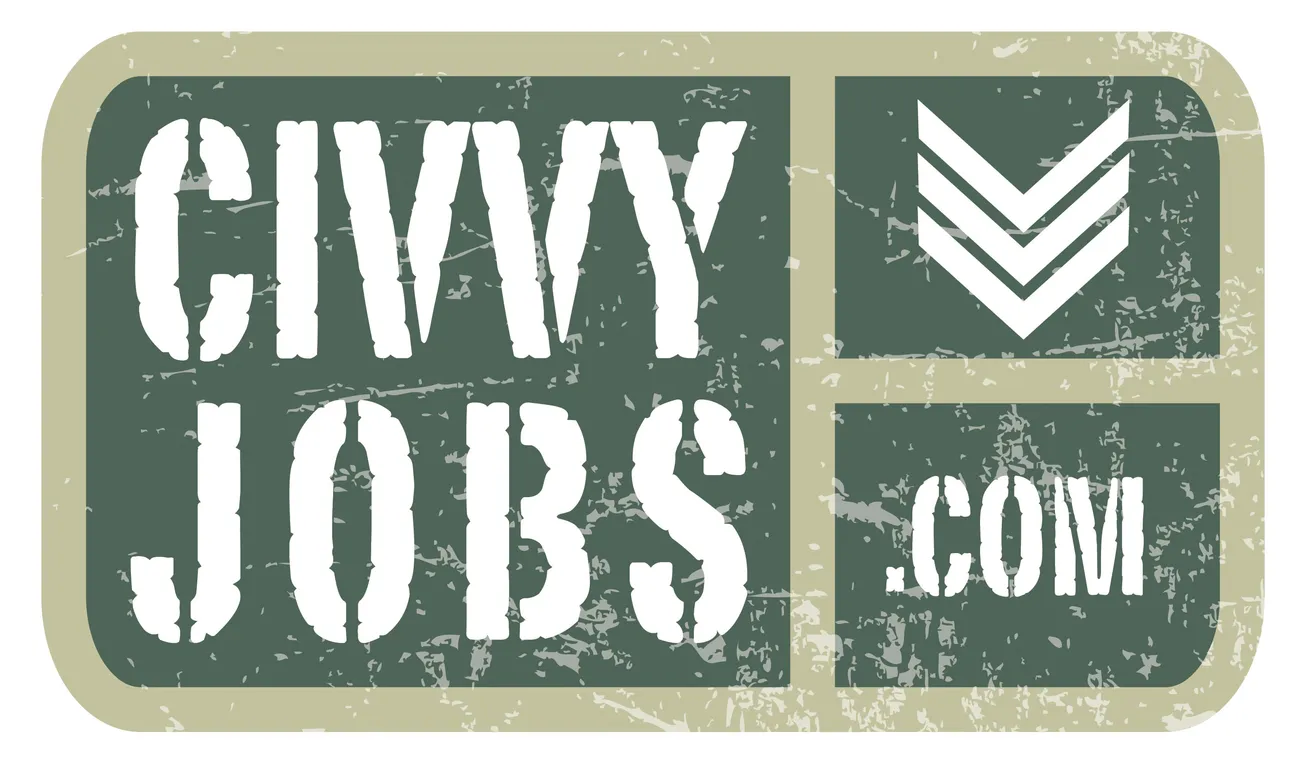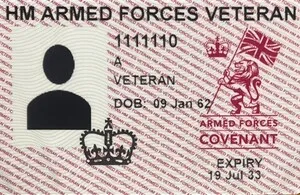Table of Contents
Leaving the Armed Forces opens the door to a world of civilian opportunities. Every year, around 10,000 service personnel leave the British Army, Royal Navy, or Royal Air Force. The good news is the vast majority land on their feet in new careers – 88% of recent service leavers were employed within six months of leaving. Veterans are thriving in roles across virtually every industry, from cutting-edge tech to hands-on trades. But which career paths are most popular among ex-forces personnel today? In this article, we explore several of the leading choices – spanning a broad range of sectors – and why veterans are excelling in them. Each path comes with its own appeal, average salaries, and recommended qualifications, helping service leavers to turn military skills into civilian success.
IT & Cyber Security

In an increasingly digital world, it’s no surprise that many veterans are finding new roles in IT and cybersecurity. These roles can include everything from network engineering and IT support to defending organisations against cyber threats. Veterans with technical backgrounds – for example in military communications, signals intelligence, or IT systems – often have a head start in this field. Even those without prior tech experience are retraining in IT, attracted by a fast-growing industry that values discipline and problem-solving under pressure.
Why it’s popular with veterans
Military service equips people with the ability to learn complex systems, follow procedures, and stay calm during high-pressure situations. These qualities translate well to diagnosing network issues or thwarting a cybersecurity breach. The tech sector’s team-focused ethos and clear protocols can also feel familiar to ex-military professionals. Many IT jobs offer stable hours or remote work, a contrast to the 24/7 military cycle.
Average salary (UK)
Cybersecurity professionals average about £54,000 per year, with entry-level roles around £40k and experienced roles reaching £70k+. General IT roles such as network engineers average around £45k.
Key qualifications
Common routes include CompTIA Security+, Cisco CCNA, cloud computing certifications, or software development training. Many veterans use resettlement grants to gain these qualifications and build civilian credibility.
Logistics & Supply Chain Management

Logistics is the lifeblood of military operations – and it’s just as crucial in civilian business. Careers in this sector include planning and coordinating the movement of goods, managing warehouses, overseeing transport fleets, and ensuring supply lines run smoothly. Veterans from supply, transport, or engineering support roles often find their skills directly transferable.
Why it’s popular with veterans
Veterans are accustomed to managing inventories, timetables, and responding rapidly to unexpected changes – exactly what logistics demands. The work offers a structured routine, team dynamics, and tangible results, which appeal to those who thrived in operational environments.
Average salary (UK)
Entry-level logistics roles start around £22,000–£30,000. Logistics managers typically earn between £40,000 and £85,000, with heads of logistics in larger firms earning more. HGV drivers can also earn £30k+ due to ongoing demand.
Key qualifications
Veterans may hold driving licences or logistics NVQs from service. Civilian options include qualifications from the Chartered Institute of Logistics and Transport (CILT), or diplomas in supply chain management.
Project and Operations Management

Project and operations management careers focus on planning, leading teams, and delivering objectives on time and on budget – whether in construction, finance, IT, or manufacturing. Veterans often thrive here thanks to their extensive leadership and organisational experience.
Why it’s popular with veterans
Military life is essentially project-based – from planning exercises to running operations. Veterans bring an ability to motivate people, coordinate resources, and adapt plans as conditions change. These roles also offer responsibility, purpose, and career progression.
Average salary (UK)
Project Managers typically earn £45,000–£50,000, with more for larger projects or senior roles. Operations Managers earn £40,000–£60,000 on average, with significant room for growth.
Key qualifications
Popular certifications include PRINCE2, PMP, and Lean Six Sigma. Many service leavers can complete these during resettlement using MoD education funding. Employers also value practical leadership experience.
Policing and Security Roles
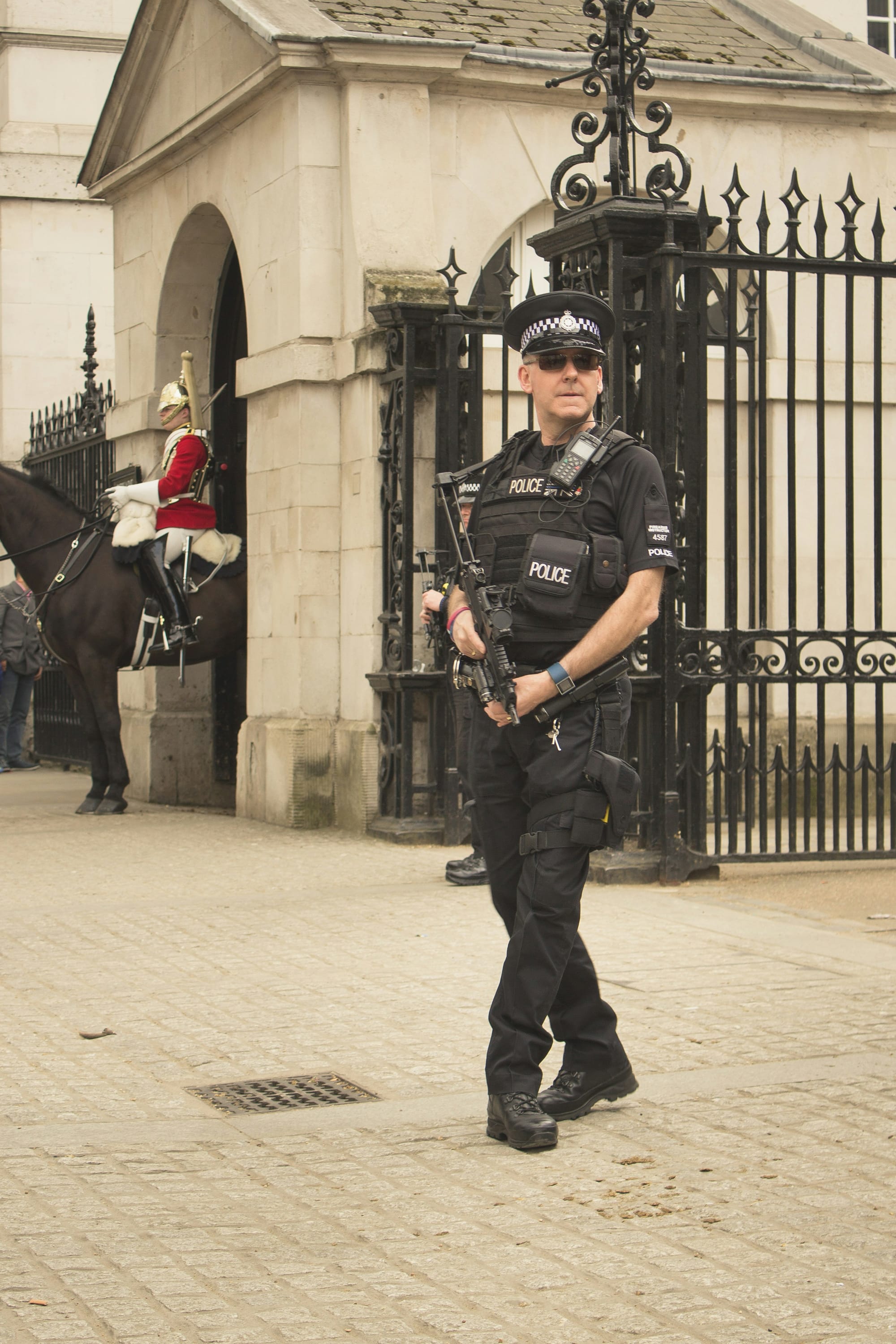
Many veterans continue serving the public in policing and private security. These careers offer a mission-oriented environment, with opportunities in uniformed police services or private sector security consultancy.
Why it’s popular with veterans
Policing and security are structured, disciplined environments that rely on teamwork and procedure. Veterans bring skills in observation, conflict resolution, first aid, and handling emergencies – all essential in these roles.
Average salary (UK)
A new Police Constable starts at £25,000–£30,000 depending on location, rising above £40k with experience. Private security roles range from £20,000–£25,000 for guards, to £42,000+ for security managers or consultants.
Key qualifications
For policing, applicants complete standard training pathways. For private security, the SIA (Security Industry Authority) licence is essential. Veterans may also hold pre-existing security clearances that boost employability.
Emergency Medical and Healthcare Services
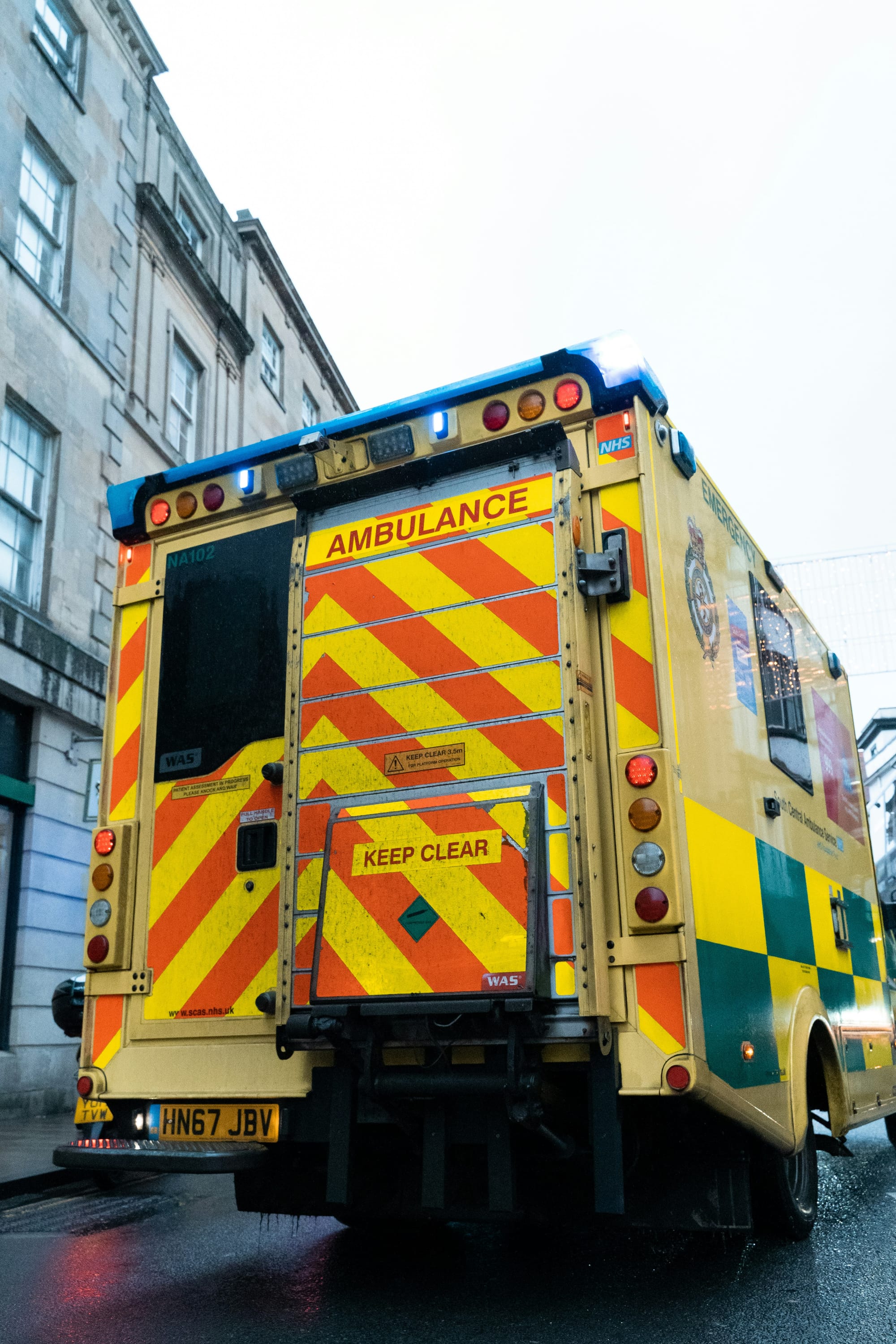
From paramedics to healthcare managers, veterans – especially those with medical training – often find purpose in civilian healthcare. These careers involve saving lives, providing care, and working under pressure.
Why it’s popular with veterans
The structured, high-pressure world of emergency medicine mirrors the battlefield. Veterans are often calm in crisis, capable of following protocols, and deeply motivated to help others.
Average salary (UK)
Paramedics earn £28,000–£42,000, depending on experience and grade. EMTs typically earn £20,000–£30,000. Registered Nurses begin in the high £20k’s and can progress to £40k+.
Key qualifications
To work as a paramedic, registration with the HCPC is required, usually following a degree or conversion course. Veterans may get credit for previous training. EMTs can be hired by ambulance trusts and trained via apprenticeships.
Skilled Trades and Construction
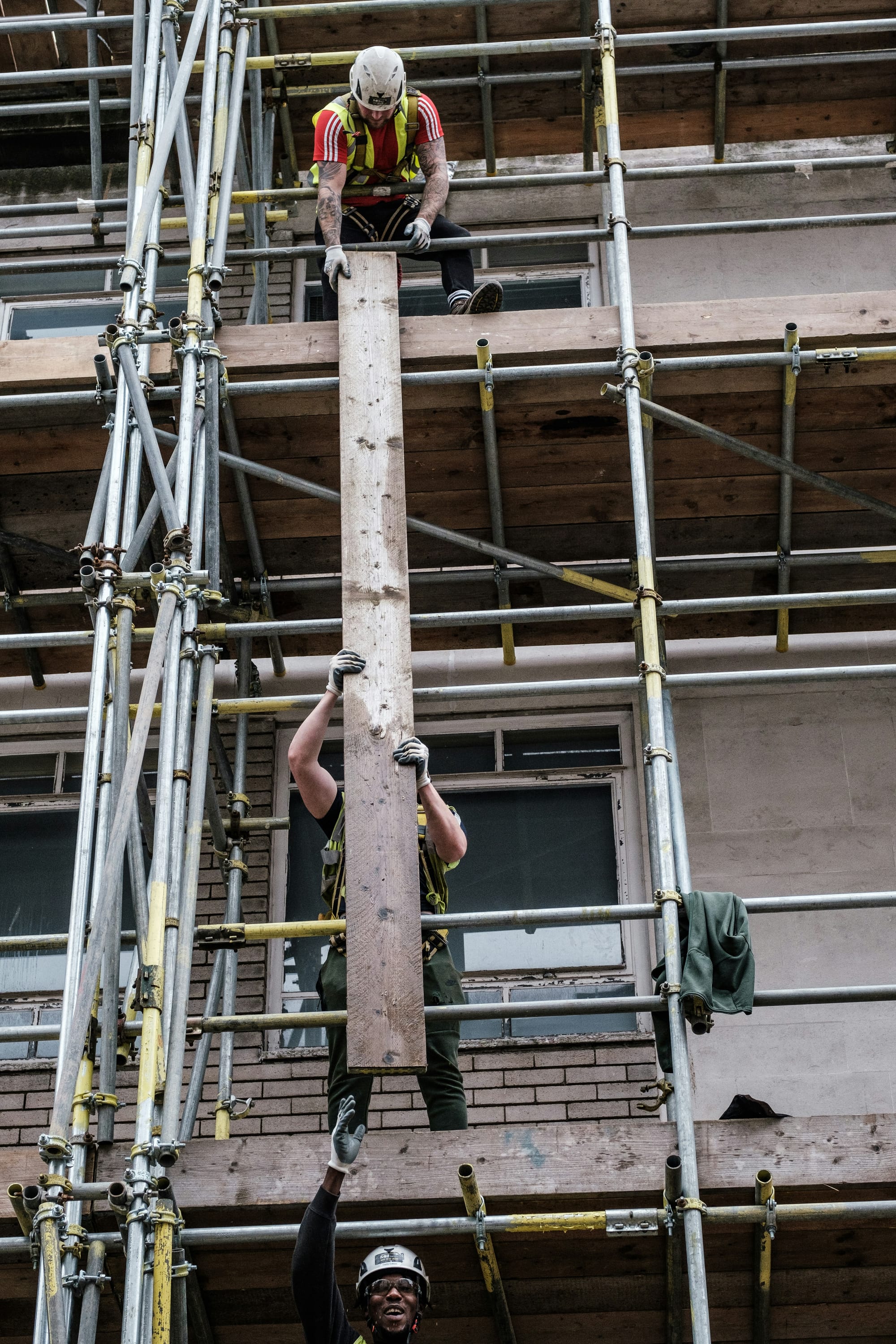
Many veterans with engineering, mechanical or construction backgrounds transition into civilian trades. Common paths include becoming electricians, plumbers, gas engineers, or construction managers.
Why it’s popular with veterans
Veterans enjoy hands-on work and visible results. Construction and skilled trades offer clear outcomes, independence, and opportunities for self-employment. Many military tradespeople already have NVQs or certifications that transfer directly.
Average salary (UK)
Electricians earn between £35,000 and £45,000. Plumbers and carpenters typically earn £30k+. Construction Managers start around £30k and can exceed £50k+ at senior levels.
Key qualifications
Civilian qualifications like NVQ Level 3, AM2 (for electricians), or CSCS cards (for construction) are standard. Veterans can use MoD education credits to access short courses and certification programmes.
Human Resources and Administrative Careers

Some veterans come from personnel, training, or instructional backgrounds. These individuals often move into HR, office management, or training roles in civilian organisations.
Why it’s popular with veterans
The Armed Forces focus heavily on people management, leadership, and mentoring – core skills in HR. Veterans often excel in structured environments, are confident communicators, and bring a deep understanding of team dynamics.
Average salary (UK)
HR officers earn £30,000 to £50,000, depending on experience. HR managers can earn £42,000 to £72,000. Admin roles and training positions tend to offer £25k–£40k, with potential to grow into leadership roles.
Key qualifications
The CIPD (Chartered Institute of Personnel and Development) offers widely recognised HR qualifications. Veterans with relevant experience may also take business or training diplomas, often funded during resettlement.


